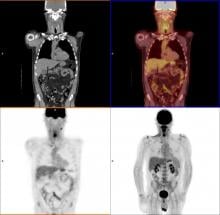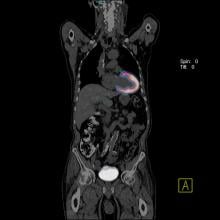Cubresa Inc. announced the United States Patent and Trademark Office has issued a U.S. patent for a novel arrangement of imaging sensors and methods for determining sensor positions for 3-D imaging. The new method describes mounting many imaging sensors underneath a flexible substrate could reveal tumors within humans or animals.
© Copyright Wainscot Media. All Rights Reserved.
Subscribe Now



